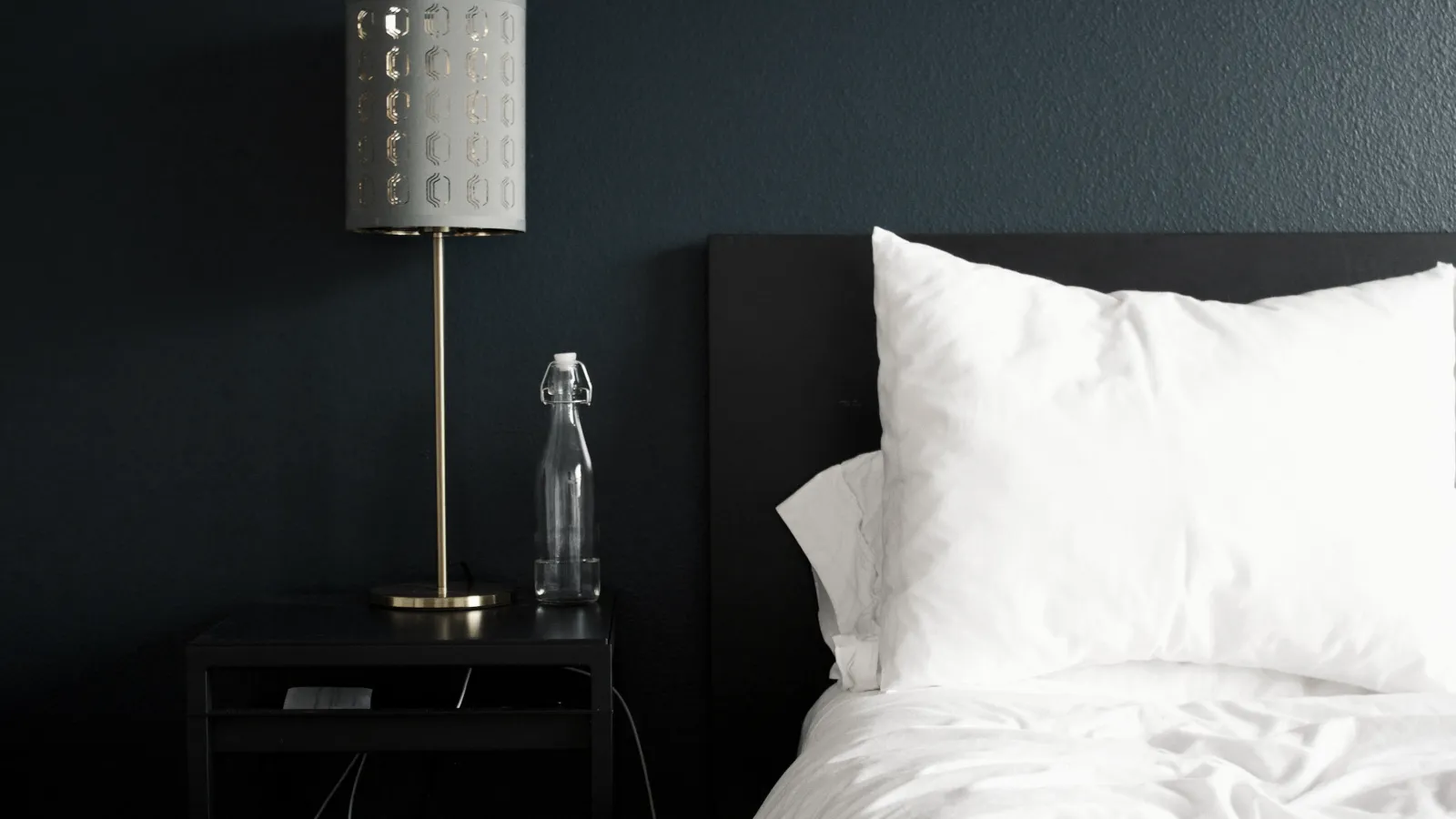By Maya Jones, Talent Coach
XLR8 is our fast-track training program to develop future select service General Managers and train them to be HVMG brand ambassadors and experts in our culture, systems, process, and tools. As our first few participants wrap up the program, we are sharing the significant learnings from their rotations through our portfolio hotels. You can read Part 2 here.

Case Study #1:
Enhancing
Guest Satisfaction and Operational Efficiency at Subject Hotel 1.
Challenge: Subject Hotel 1 faced significant challenges centered
on guest satisfaction and operational efficiency, necessitating improvements in
service quality and staff engagement.
Approach:
As the hotel manager, Brian initiated daily standup
meetings to analyze guest scores and reviews meticulously. These sessions allowed staff to brainstorm innovative strategies to elevate service standards collaboratively. Brian immersed himself in
various operational facets, from conducting room inspections to providing
hands-on support to the housekeeping and engineering teams. This proactive
engagement approach focused on specific weekly improvement areas, fostering
a culture deeply rooted in attention to detail and proactive problem-solving.
Outcome:
The implementation of Brian's hands-on strategy
yielded remarkable results. Guest satisfaction scores showed substantial
improvement, culminating in an impressive rise of the Subject Hotel's
Intent-To-Return (ITR) from 36.1 to 62.5 month-over-month. This enhancement was
underpinned by a notable increase in staff accountability and pride in their
work, ultimately translating into superior overall performance. Brian's
initiative to preempt negative guest reviews and subsequent celebrations of
staff achievements significantly bolstered team morale and spirit.
Key Learning:
This case study underscores the importance of active
leadership involvement and empowering staff to contribute ideas. Subject Hotel 1 successfully cultivated a motivated and cohesive team by celebrating team achievements, ultimately improving guest satisfaction and operational
effectiveness.
Case Study #2:
Enhancing
Guest Elite Experience and Appreciation and Optimize Staff Operations at Subject
Hotel 2
Challenge: Subject Hotel 2 faced the challenge of elevating guest experience,
particularly in elite guest appreciation, while optimizing employee scheduling
to enhance operational efficiency.
Approach:
Jessica, the hotel's manager, tackled these
challenges strategically. She provided comprehensive training to
the new Guest Service Manager in employee scheduling and forecasting, ensuring
staffing levels aligned with hotel occupancy trends. To enhance elite guest
appreciation, Jessica launched a creative initiative featuring personalized
popcorn bags containing a QR code linked to TripAdvisor. This delighted guests and encouraged them to share reviews on TripAdvisor, one of
the top trusted travel research websites. To foster a positive work environment and increase overall staff satisfaction, Jessica actively
supported various departments and organized team-building activities.
Outcome:
Jessica's initiatives yielded significant results at Subject Hotel 2. The
Elite Guest Appreciation Initiative boosted the hotel's Elite Appreciation
Score to 76.5, while the neighboring sister hotel saw a month-over-month
increase from 64 to 75. Jessica's cross-departmental involvement underscored
the importance of leadership presence in enhancing staff morale and operational
efficiency. Furthermore, the team-building initiatives and prioritization of
staff well-being during holiday seasons reinforced a positive
workplace culture.
Key Learning:
This case study highlights the impact of creative
guest appreciation strategies on enhancing satisfaction scores. It emphasizes
that leadership engagement across departments and initiatives centered on
employee well-being are crucial in building a motivated and cohesive team,
which is pivotal for sustained success in the hospitality industry.
Case Study #3:
Enhancing
Housekeeping Operations at Subject Hotel 1.
Challenge: Brian identified opportunities to elevate housekeeping operations at Subject
Hotel 1, aiming for heightened efficiency and service quality.
Approach:
Brian implemented a hands-on approach within the housekeeping department.
Recognizing the importance of direct involvement, he actively assisted with
tasks such as bed-making and towel distribution, particularly during peak
periods. This direct engagement allowed Brian to identify operational trends
and provide immediate feedback and training to housekeeping staff, ensuring
continuous improvement.
Outcome:
Brian's proactive involvement significantly improved operational efficiency and room cleanliness at Subject Hotel.
The cleanliness score rose impressively from 37.1 to 60.9 month-over-month,
reflecting enhanced service standards and guest satisfaction. The housekeeping
team responded positively to Brian's support and guidance, boosting morale and strengthening teamwork dynamics.
Key Learning:
This case study underscores the impact of hands-on leadership in driving
operational excellence and fostering a culture of teamwork. Brian's approach improved efficiency and enhanced staff morale, demonstrating that
direct engagement in operational tasks is pivotal for achieving sustainable
improvements in service quality and guest experience.


